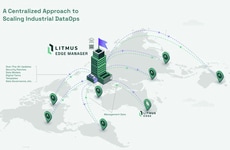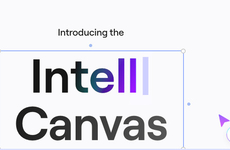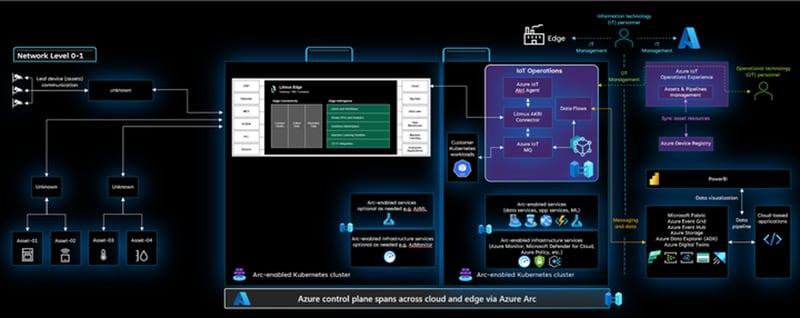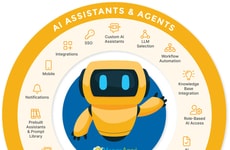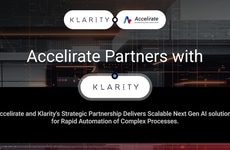
Litmus Has Formed a Strategic Alliance with Microsoft
References: accessnewswire
Litmus and Microsoft partner to enhance industrial AI implementation through an integrated edge-to-cloud solution that combines Litmus Edge with Azure IoT Operations. This collaboration focuses on simplifying industrial data orchestration by enabling seamless connectivity between operational technology assets and cloud-based AI services.
The Litmus x Microsoft industrial AI implementation-enhancing integration utilizes the Akri Litmus Connector to automate device discovery and data contextualization while leveraging Azure's Kubernetes-based infrastructure for scalable deployment management. Key technical advantages include native support for diverse industrial protocols, unified security through Azure Arc and Entra ID, and streamlined data pipelines to accelerate predictive maintenance and quality optimization applications.
This collaborative solution aims to reduce implementation complexity for manufacturers pursuing digital transformation initiatives.
Image Credit: Litmus and Microsoft
The Litmus x Microsoft industrial AI implementation-enhancing integration utilizes the Akri Litmus Connector to automate device discovery and data contextualization while leveraging Azure's Kubernetes-based infrastructure for scalable deployment management. Key technical advantages include native support for diverse industrial protocols, unified security through Azure Arc and Entra ID, and streamlined data pipelines to accelerate predictive maintenance and quality optimization applications.
This collaborative solution aims to reduce implementation complexity for manufacturers pursuing digital transformation initiatives.
Image Credit: Litmus and Microsoft
Trend Themes
1. Edge-to-cloud Integration - The seamless integration of edge computing with cloud services presents opportunities to optimize real-time data processing and decision-making in industrial settings.
2. AI-powered Industrial Automation - Advancements in AI-driven automation can significantly enhance operational efficiency by enabling predictive maintenance and quality control in manufacturing environments.
3. Simplified Data Orchestration - Streamlined data orchestration technologies simplify the management of diverse data sources, facilitating improved connectivity and information flow between operational and IT systems.
Industry Implications
1. Industrial Iot - The ongoing development of Industrial IoT platforms opens up new possibilities for connectivity and automation within sectors like manufacturing and supply chain management.
2. Cloud Computing - Cloud computing continues to revolutionize data management and computational capabilities, offering unprecedented scalability and flexibility for industrial applications.
3. AI and Machine Learning - Implementing AI and machine learning in industrial contexts can drive innovation by enhancing process optimization and enabling advanced predictive analytics.
4.1
Score
Popularity
Activity
Freshness

